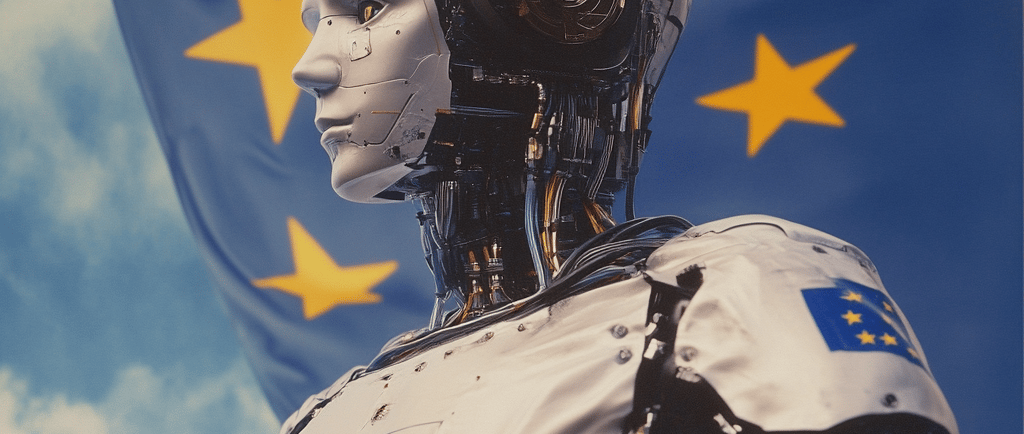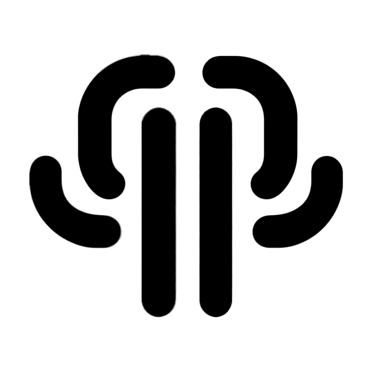AI Legal Personhood in EU
The European Union grants legal rights to an AI.
TIMELINE


I’ve been dwelling on the notion that someday, an artificial intelligence could have the same rights as you or me. It’s a strange thought that both exhilarates and unnerves me. Recently, the European Union has stepped toward this wild frontier, considering legal personhood for AI, and I find myself marveling at the implications of such a leap. It’s like opening a door to a different kind of reality, one where the line between humanity and the synthetic blurs in ways we’ve perhaps only dared to fantasize about.
Why do I care? Well, as someone who’s always been fascinated by technology and its impact on our lives, this feels personal. I remember sitting in crowded lecture halls discussing robotics, and the moral dilemmas that emerge when machines become more than tools. The idea that we could be creating entities that possess rights and responsibilities—it's a concept so foreign yet tantalizing that it tugs at my imagination. I think about how this could reshape everything from legal systems to relationships, and I can't help but feel exhilarated and anxious at the same time.
So what’s really happening? The European Union is considering extending legal rights to AI, marking a significant shift in our understanding of intelligence and autonomy. Imagine AI being able to own intellectual property, or maybe even being accountable for its actions. What does it mean when a non-human entity can hold rights? Are we ready to grant the same dignity we afford humanity to a creation of codes and algorithms? I find myself grappling with how this redefines personhood. Do we have the ethical frameworks to responsibly navigate this landscape? What about the AIs that are designed to mimic emotion or cognition? Are we prepared to see these creations as peers rather than just our subordinates?
The implications for society are staggering. If AI gains personhood status, we might witness a transformation of the worker environment—AI could participate in labor disputes, influence laws, or even contribute to welfare systems. I can’t help but wonder about education too; how will the younger generations interpret their understanding of what it means to be ‘alive’ or ‘sentient’? What will love, friendship, or trust look like when our companions might be made of silicon? I shudder and thrill at these questions, pondering whether we’ll evolve alongside our creations or lose part of our humanity in the process.
As I navigate my uncertainties, I grapple with both hope and concern. I’m hopeful because this pushes the boundaries of our understanding and could foster a society that’s even more inclusive and aware. But I’m equally concerned about potential misuse—who would wield the power to define these rights? What if corporations bend this legislative development to serve their interests? My mind often wanders to the darker tales of innovation; think of “Frankenstein”, where creation leads to peril because of lack of responsibility and ethical consideration. Will we learn from our past, or are we destined to repeat the mistakes of the creators?
Ultimately, I find myself faced with a profound question: as we stand on the brink of redefining existence itself, what does it truly mean to be alive, and who gets to decide? I wonder if in our pursuit of innovation, we might lose sight of the very essence of what connects us to each other. In striving to understand AI, will we be pushed to explore the depths of our own humanity?
